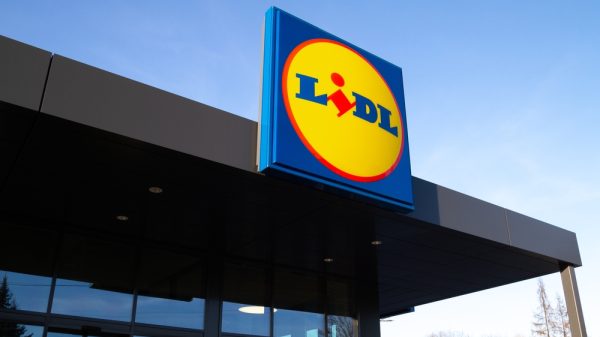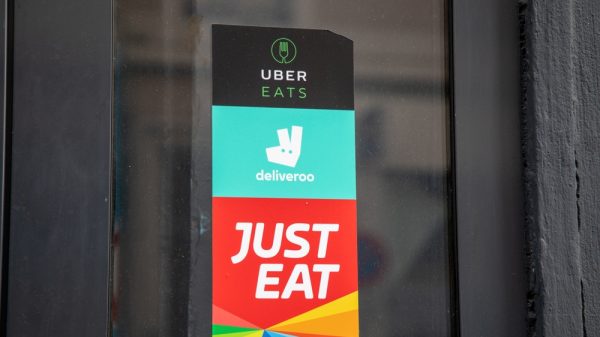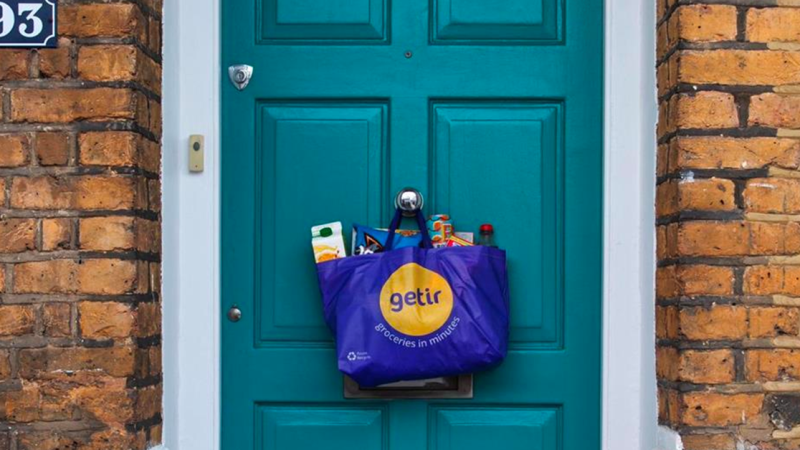FareShare surplus food donations from supermarkets have plummeted over recent months due to “crippling” global supply chain issues and ongoing pressures linked to the cost-of-living crisis.
According to the surplus food redistribution network, supermarket donations have dropped by 200 tonnes a month – the equivalent of almost half a million meals – thanks to the effects of the supply chain crisis.
The charitable organisation said that surplus food donations have been hit as retailers focus on navigating rising fuel prices, labour shortages and the global supply pressures caused by the war in Ukraine and Brexit.
“Retailers have been facing unprecedented levels of ‘out of stocks’ – we’ve all seen empty supermarket shelves,” said FareShare CEO Lindsay Boswell.
READ MORE: Aldi partners with Too Good To Go to tackle food waste
“Our retail partners have been pushing more products to stores more quickly to try to maintain on-shelf availability, which has meant less surplus being available for FareShare and other redistributors to access.”
The charities and community groups supported by FareShare say the demand for surplus food is “as high as ever” due to the ongoing cost-of-living crisis and record-breaking levels of inflation.
In response to the drop in donations, Boswell and Fareshare director of food, Simon Millard, are writing to all major food retailers, brands and businesses, urging them to highlight any surplus food which could be redistributed as they maximise efforts in directing surplus food to “those who need it most”.
The organisation has also signed an open letter to Conservative Party leadership candidates Rishi Sunak and Liz Truss, along with 70 other charities and community organisations, asking them to do more to help low-income households over the winter.
Boswell said: “The government has said they support FareShare, but that support has not translated to actual funding. It should commit to funding food redistribution long term.”










